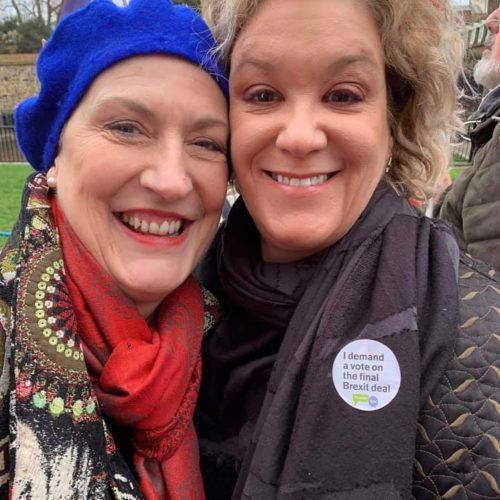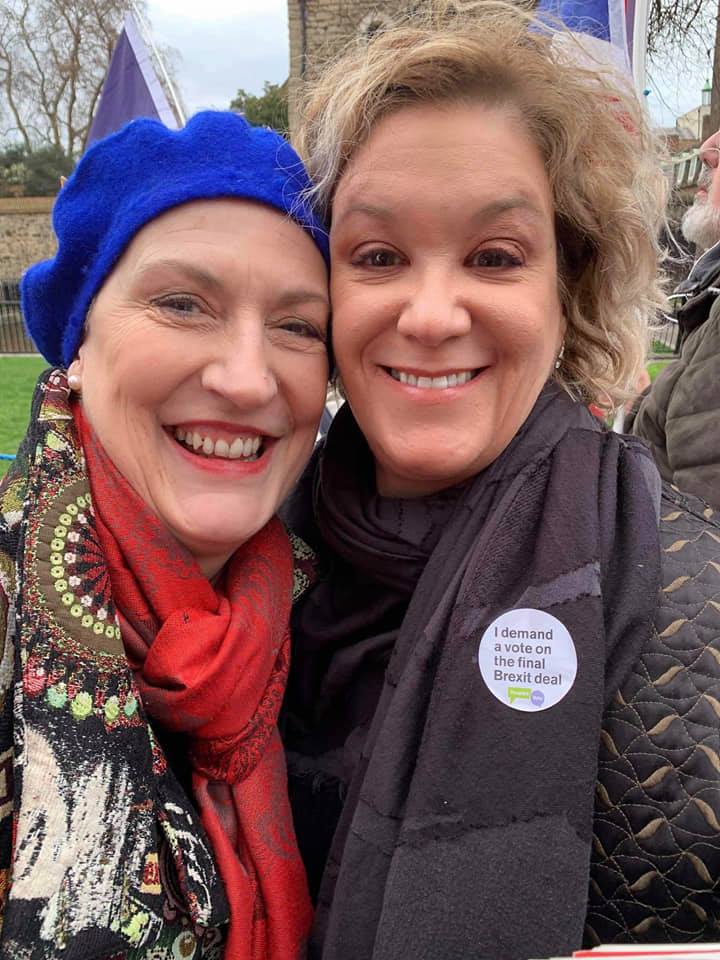UK opera singers tell Government: We are the worst affected
mainDame Sarah Connolly leadsd a letter in today’s Times letter detailing the plight of British singers:
Sir, Professional British singers have a world-leading reputation, and along with our colleagues in the performing arts we are the heartbeat of British culture. The music industry contributes more than £5 billion a year to the UK economy, and exerts enormous “soft power” globally.
Public Health England directs that singers (and brass and woodwind players) remain at least three metres apart. This means that we are the worst-affected group of musicians. As a result we are failing to survive financially. Our institutions are closing, performers are unable to earn an income and we cannot foresee a time when audiences will return to concert halls and theatres in sufficient numbers to provide a meaningful and successful box office. Our lives are literally at a dead stop and it is terrifying. We urge the government to show its pride in British culture by supporting all of us in our time of need.
Dame Sarah Connolly, mezzo-soprano, and fellow, Royal College of Music; Sir John Tomlinson, bass, and winner of the Royal Philharmonic Society’s Gold Medal; Stuart Murphy, chief executive, ENO; Aidan Lang, general director, WNO; Richard Mantle, general director, Opera North; Sarah Hopwood, managing director, Glyndebourne Opera; Jonathan Howard, bass, The King’s Singers; Sir Willard White, bass, and winner of the Jamaican Order of Merit; Dame Felicity Lott, soprano, and winner of the Wigmore Hall Medal; Alice Coote, mezzo-soprano; Susan Bullock, soprano, and Royal Philharmonic Society award winner; Claire Martin, jazz singer; Mark Padmore, tenor, and artistic director, St Endellion music festival; Roderick Williams, baritone, and president of the Three Choirs Festival; Sarah Walker, mezzo-soprano, and fellow of both the Royal College of Music and the Royal Academy of Music; Iestyn Davies, counter-tenor, and fellow of the Royal Academy of Music; Sophie Bevan, soprano, and International Opera Award winner; Mary Bevan, soprano, and Royal Philharmonic Society award winner; John Mark Ainsley, tenor, and Royal Philharmonic Society Singer Award; Brindley Sherratt, bass, and International Opera Awards winner; Deborah Annetts, chief executive of ISM; Lucy Crowe, soprano, and fellow, Royal Academy of Music; Iain Paterson, bass-baritone; Neal Davies, bass-baritone, and BBC Cardiff Singer of the World prize-winner; Christine Rice, mezzo-soprano; Matthew Rose, bass, John Christie award winner; Toby Spence, and Royal Philharmonic Society award winner; Carolyn Sampson, soprano; Will Thomas, bass, and winner of the 2019 Kathleen Ferrier award; Louise Alder, soprano, and BBC Cardiff Singer of the World prize-winner; Christopher Purves, bass-baritone; Catherine Wyn-Rogers, mezzo-soprano, and an Honorary Member of the Royal Academy of Music; Jennifer Johnston, mezzo-soprano; Henry Waddington, bass-baritone; Matthew Brook, baritone; Sarah Tynan, soprano; Leigh Melrose, baritone; Claudia Huckle, contralto; Natalya Romaniw, soprano; David Butt Philip, tenor; Nicky Spence, tenor; Allan Clayton, tenor, and Royal Philharmonic Society award winner; Melanie Marshall, mezzo-soprano; Jeremy Huw Williams, baritone; Rosalind Plowright, mezzo soprano, and Grammy Award winner; John Daszak, tenor; Yvonne Howard, mezzo-soprano, and vocal professor, Royal Academy of Music; Anna Patalong, soprano; Benedict Nelson, baritone; Mary Carewe, recording and concert artist; Kitty Whately, mezzo-soprano, winner of the 2011 Kathleen Ferrier prize







Comments